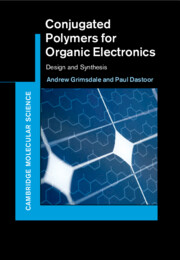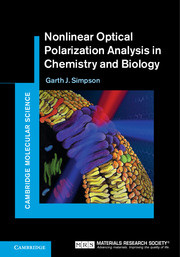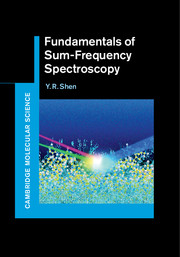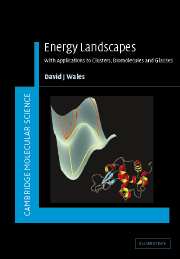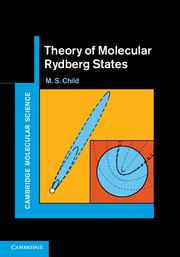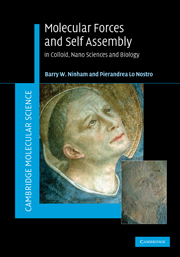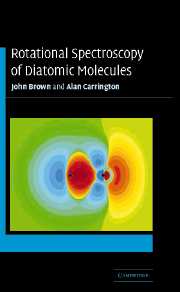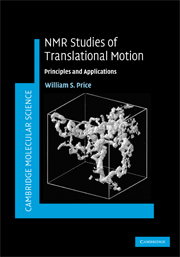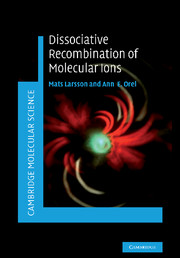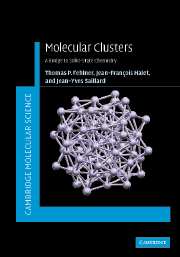As we enter the 21st century, chemistry has positioned itself as the central science. Its subject matter, atoms and the bonds between them, is now central to many of the life sciences on the one hand, as biological chemistry brings the subject to the atomic level, and to condensed matter and molecular physics on the other. Developments in quantum chemistry and in statistical mechanics have also created a fruitful overlap with mathematics and theoretical physics. Consequently, boundaries between chemistry and the other traditional sciences are fading and the term Molecular Science now describes this vibrant area of research. Molecular science has made giant strides in recent years. Bolstered both by instrumental and theoretical developments, it covers the temporal scale down to femtoseconds, a timescale sufficient to define atomic dynamics with precision, and the spatial scale down to a small fraction of an Angstrom. This has led to a very sophisticated level of understanding of the properties of small molecule systems, but there has also been a remarkable series of developments in more complex systems. These include: protein engineering; surfaces and interfaces; polymers; colloids; and biophysical chemistry. This new series will provide a vehicle for the publication of advanced textbooks and monographs introducing and reviewing these exciting developments.
